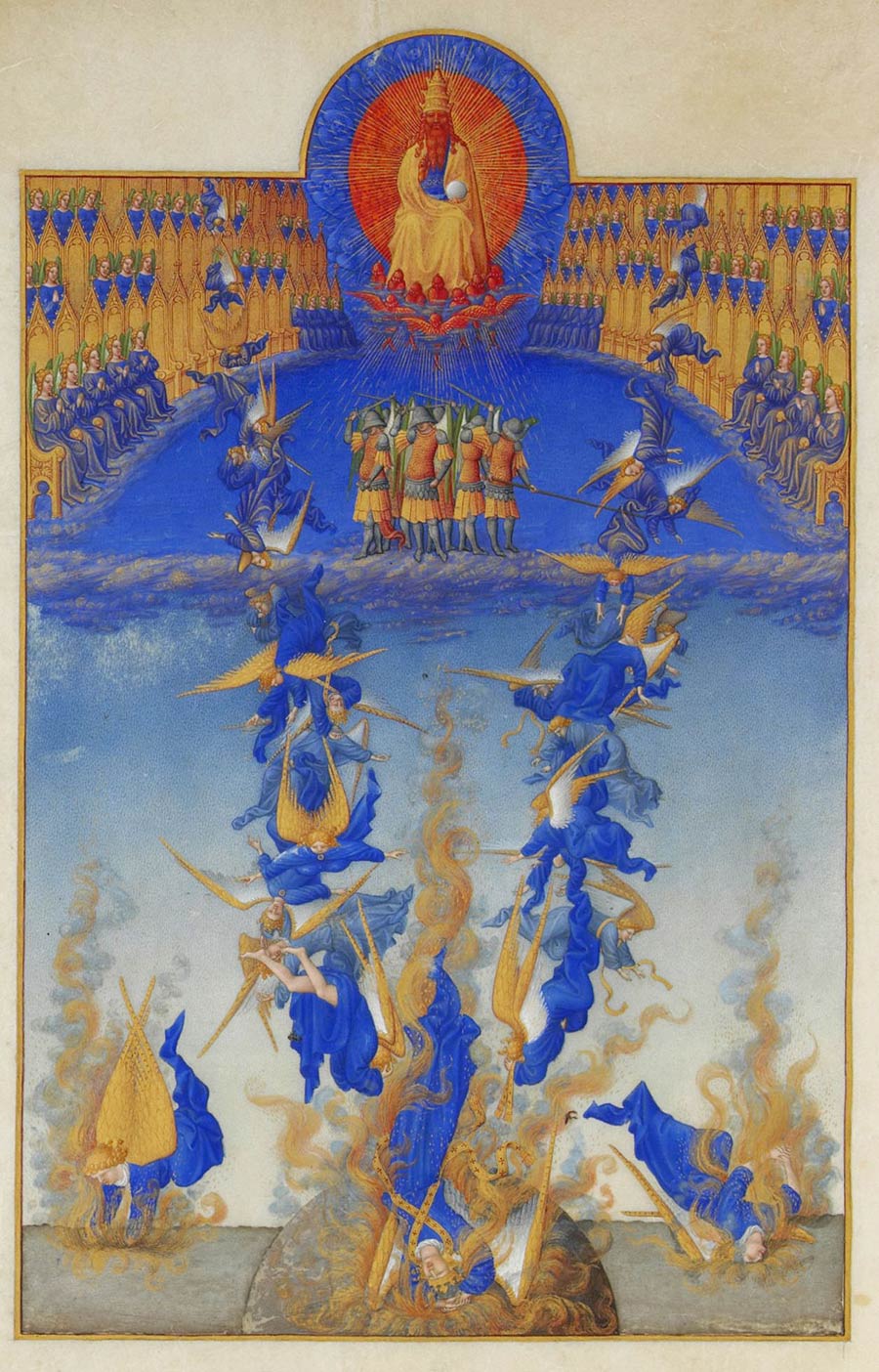Did they ever call you crazy? Were they right?
This is the second excerpt from my book, Memoirs from the War in Heaven. It was just when I was being kicked out of my apartment for not paying rent. When the landlord showed up with two cops, I acted strangely, half on purpose, so they sent me to a looney bin:
They say that you will know the difference between psychosis and a religious experience by what the effects are. If they mess up your life, it’s the bad thing. If it heals you, then there’s a better chance that it is God. Philip K. Dick and I—what to make of us? They seem in the middle, these experiences of ours, both damaging and healing, or maybe neither. Phil could carry on a normal life, but he was obsessed—till the day he died—because of the events of 2-3-74. He wrote 8,000 pages about it. He wrote 4 novels about it. Was it God? Who can say? It didn’t stop a suicide attempt, that’s for sure. Though maybe they did stop him from dying from that attempt.
And me? The experiences, I must admit, have been intrusive at times. But they always end up helping me. I remember one Christmas card I got, from my brother, in which he wrote, “If you say that God is acting in your life, I believe you. Because you have turned your life completely around.” But I get a bit far ahead of myself; that would come later. Right now I was still headlong down addiction’s highway, and going into my first mental institution not because of what was going on in my head, but because I gave up. And as we descend, one must ask if one day we will face the heart of darkness? (You must go alone, at night…)
So the mythology going on in my head was, at the time—and it was a fluid thing—was that actually, the rebel angels had actually been the good guys, and the powers that be were the oppressors. I wasn’t thinking that those powers were Jesus-based figures. I was working on my own Gnostic-type ideas. For instance, there was written in one Gnostic text that one of the Archons (one of the evil rulers of this material world) rebelled against Ialdabaoth, who was the god of this world, which was a fallen world. So I thought I was of that rebel’s ilk in the rebellion, but not exactly. Don’t ask me how it all worked out, I didn’t have too much work go into its structure. Just a lot of nerve.
I called myself Lucifer Morningstar, the name I got not from the Bible, but the comic book Sandman, by Neil Gaiman. He added the “Morningstar”, that is, since yes, the first half of the name does come from scripture. There was actually a competition I was in for this name, with Jim Morrison, who just kept it as “Lucifer”. (He won that, by the way. Turns out it was not the type of thing you wanted to win.) If I was against God, it was because He was in the wrong, somehow: I had no intention of being evil. Though I really didn’t think much on what made us fall, just how noble we were being rebels. Oh, and “we”? I thought my friends and such were the other “devils”, like Asmodeus and Beelzebub. Like I said, it wasn’t fleshed out to any significant depth. Good thing, too.
So at the initial hearing, the judge asked me, “What is your name?” to which I answered, “Lucifer Morningstar”, and when he asked, “Where were you born?” I answered, “Heaven”. And that was the end of the hearing, basically. With that kind of performance, they can lock you away. I think it was from a 3 day stay to become a 14 day stay. I found out being called “Lucifer” in real life does things to your head. It was just a phase, though. In and out the transom of desire.

